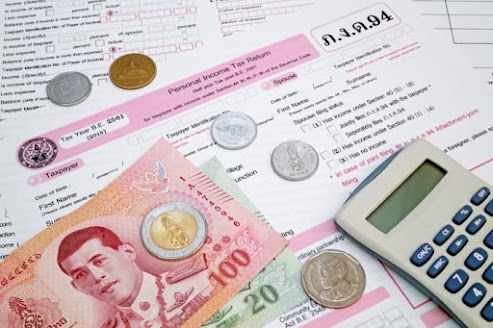In March, the Immigration Bureau resurrected the draconian regulation
known as TM30 with the aim of keeping track of foreigners' whereabouts.
It is legitimate to wonder whether any foreign criminals have disclosed
their movements to authorities via the TM30 form.
The possibility
seems unlikely, even though this is the ultimate goal of the latest
enforcement of this regulation. What is certain, though, is that it has
blighted the lives of law-abiding foreigners with a hellish web of
paperwork.
Over the past couple of months, a broad spectrum of expat communities
here have chorused their disagreement with the regulation, sharing
experiences of how the law has made their stay in the country
unnecessarily complicated and is affecting the ease of doing business
and investment here.
This diverse feedback should be treated as strong enough evidence for
Thailand to put an end to the hassle. And a solution could be as simple
as amending the 1979 Immigration Act. But the outpouring of expat
frustration seems to have fallen on deaf ears in government.
The regulation was made at a time when the country was facing an
influx of Vietnamese and Cambodians fleeing conflicts at home, and
authorities understandably wanted to keep an eye on them. This was also a
time when the number of foreigners was just a small fraction of the
current figure.
The Immigration Act's Section 38 requires that landlords must report
the presence of any foreign tenants to authorities within 24 hours of
their arrival.
Section 37 imposes the same rule on foreigners. They must report
their nightly whereabouts, as and when they move around the country.
Failure to report means a fine of 800 to 2,000 baht and also the risk
that the foreigner may be denied extension or renewal of their visa or
work permit.
As time went by, the regulation fell into disuse, largely because it
was no longer practical and too rigid. Reporting foreigners' whereabouts
to authorities was mainly done by hotel operators on a weekly basis to
comply with the 2004 Hotel Act.
In the absence of TM30 enforcement, the country had been efficiently
managing expats and tourists via the hotel law and other immigration
regulations. Everyone seemed to be happy, until the TM30 rule was dusted
off and began baffling both Thai landlords and expats.
The Immigration Bureau has cited national security as the reason for
enforcing the law again, expressing concern over foreign criminals who
stay here for extended periods.
But immigration officials' mission to keep "bad guys out" must now be
bogged down by the huge volume of paperwork triggered by the revival of
TM30 rules.
Ensuring public safety is a noble cause. But it won't be achieved by
applying the toothless and outdated TM30 regulation as a blanket measure
that treats all foreigners as criminal suspects whose movements need to
be strictly monitored.
Officials appear to have forgotten that this self-disclosure measure
only affects law-abiding people. Criminals or terrorists will not be as
naive as to tip off authorities about their movements or even inform
their landlords.
Authorities must come up with alternative anti-terrorism and
anti-crime strategies if they want to stay a step ahead of foreign
criminals.
The TM30 has done more harm than good. The government and
parliamentarians should push for amendments to the Immigration Act to do
away with it.
Source - BangkokPost



